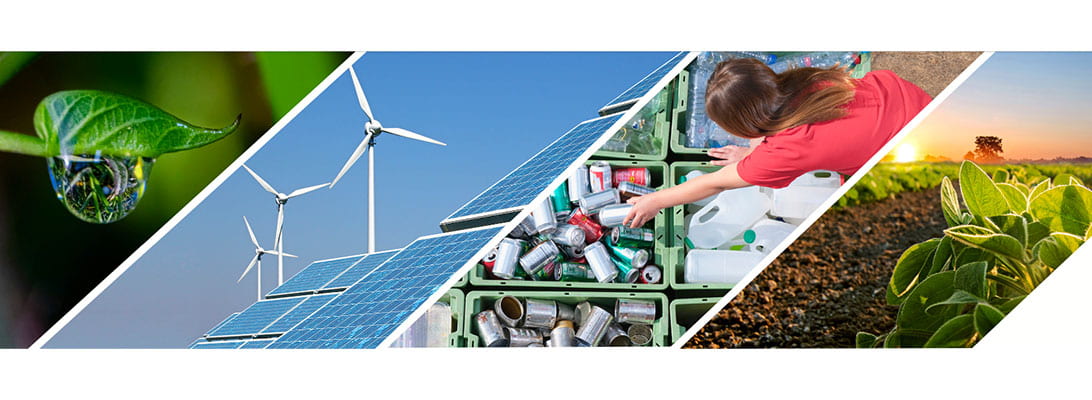“’Oceans soak up carbon, and that buffers us against climate change. CO2 is absorbed as a gas, and its conversion into organic carbon is dictated by microbes,’ Sullivan said. ‘What we’re seeing now is that viruses target the most important reactions in these microbial community metabolisms. This means we can start investigating which viruses could be used to convert carbon toward the kind we want.'”
Matthew Sullivan is Professor of Microbiology and Director of the Center of Microbiome Science at The Ohio State University. He recently presented research at the American Association for the Advancement of Science showing his lab’s work on viruses that infect bacteria and the study of manipulating marine microbes into positive carbon conversion.
Read the full article about this research on Ohio State News.


